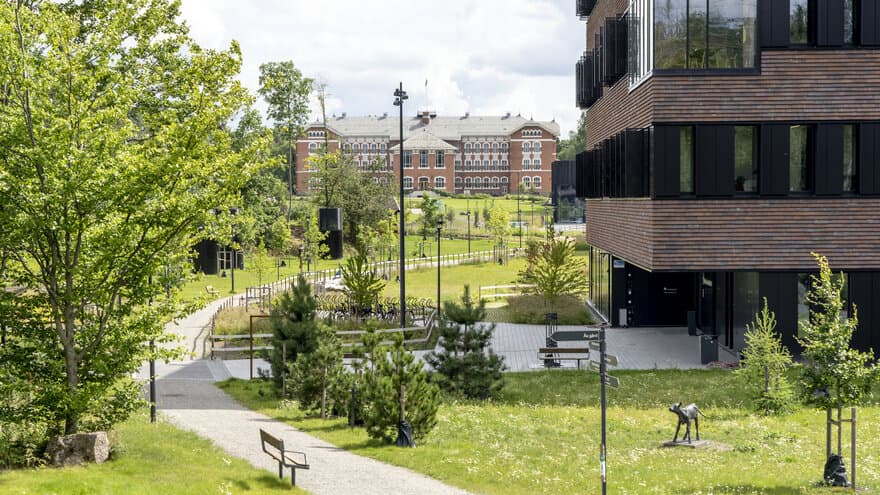From August 2022, MINA is establishing a new forum for bringing awareness and facilitate discussions about research ethics. The forum is open for all, and directed toward NMBU researchers at all career stages. Meetings are held in Innsikten (University Library, Veterinary building). You find the program here.
According to the research ethics act (Lov om organisering av forskningsetisk arbeid) the research institutions have the main responsibility for research integrity. The institutions shall promote good and ethically responsible science, and treat cases concerning possible misconduct. However, a recent report by Riksrevisjonen, from 2021, concludes that there is insufficient knowledge about research ethics in academic institutions, and that one needs to make ethics a priority.
"Role models, as supervisors and research leaders, seem to have more influence than us who work in research ethics... We need to create an academic culture where being a good researcher also means to have good moral integrity."
Bjørn Hofmann, Professor in medical ethics (read more)
In a national study of research integrity in Norway (RINO), 40% of 7000 researchers answer that they have been involved in one or more 'questionable research practices' in the last 3 years. 60% answer that they got little or no training in research ethics. 31% says they changed a study after pressure from stakeholders. 1/3 answers that they have been involved in including co-authors who didn't meet the criteria for authorship.
One might have some questions:
- What counts as scientific misconduct?
- Is research ethics a legal or moral matter? Where are the boundaries?
- Research should be carried out in accordance with national and international research ethics guidelines and norms. What are these, and where can I find more information about them?
- How does PhD-supervision with co-authorship differ from PhD-supervision without co-authorship?
- What to do when a project requires ethical approval before publication or when applying for funding?
This forum is the place to learn more about research ethics and to share experiences and dilemmas that one encounters as researcher. Bring your Phd-candidate, your Postdoc, your colleague or your supervisor with you to the forum!
Send us tips on themes you would like us to include in the program to rani.anjum@nmbu.no.
PROGRAM - RESEARCH ETHICS FORUM
Meetings take place in 'Innsikten', University Library, Veterinary building.
Contact: Rani Lill Anjum, rani.anjum@nmbu.no
Useful resources
Norwegian National Research Ethics Committees
Ethics at NMBU
National guidelines
European guidelines
Data protection, consent and confidentiality
Responsible research
Scientific misconduct
Co-authorship
Academic publishing
Applying for ethical approval
Resources for teaching ethics
Forskningsetikk - free magasin
NENT
